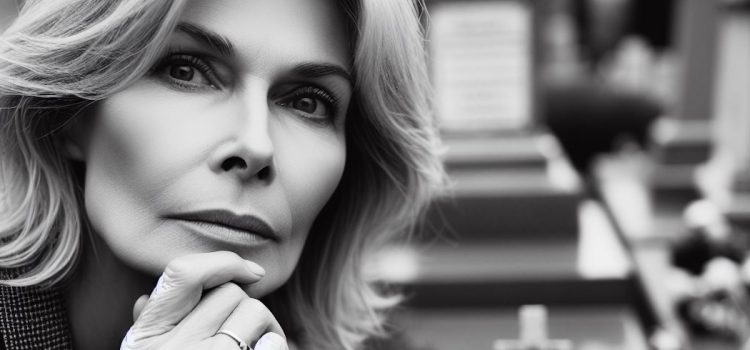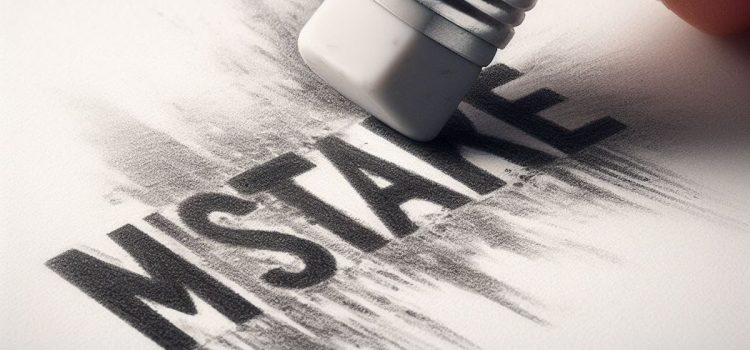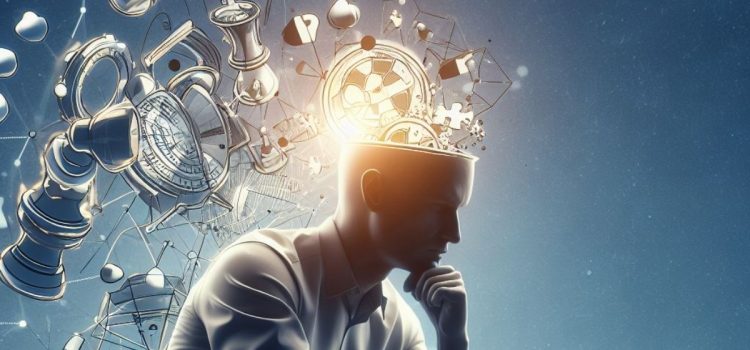Do you believe that you’re essentially a good person? How do you measure your virtue? According to authors Miroslav Volf, Matthew Croasmun, and Ryan McAnnally-Linz, life is worth living when you have a good philosophy of life. A strong life philosophy promotes moral well-being—the sense that you’re generally a virtuous person—by defining right and wrong behaviors. Continue reading to learn about various perspectives on moral well-being.
Perspectives on Moral Well-Being: How Do You Measure Virtue?










